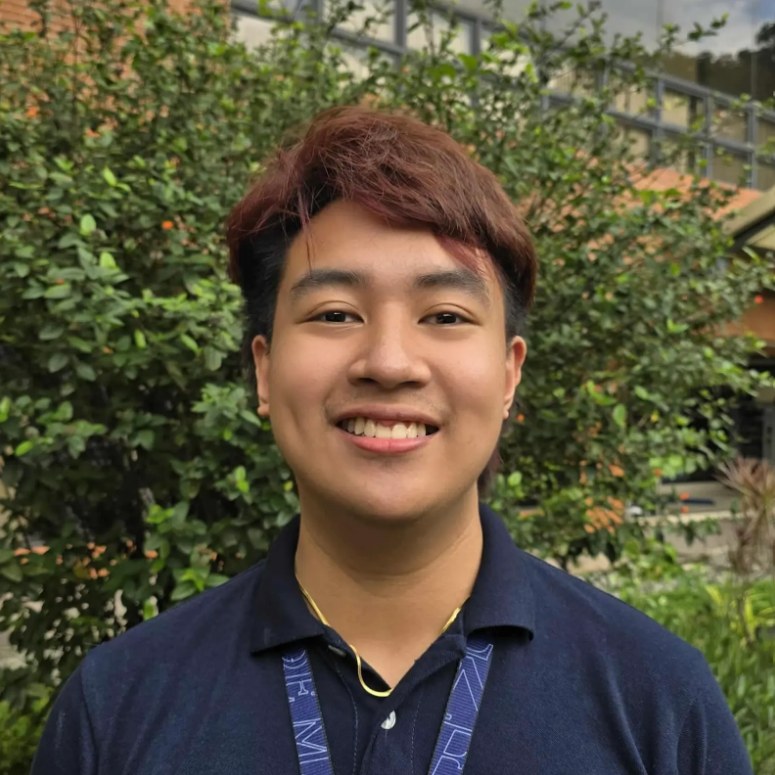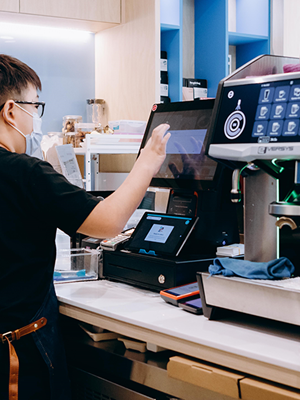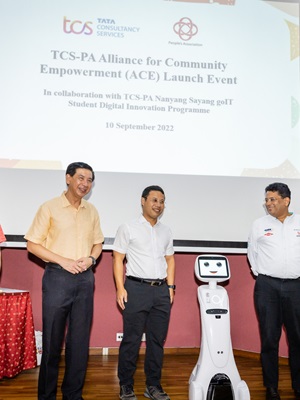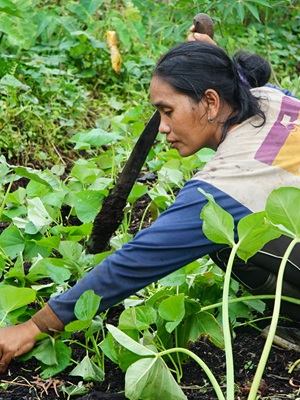I witnessed a house walk when I was ten.
It was my Lolo's (grandfather’s) — wooden, weathered by one typhoon too many — and even if floodwaters came back year after year, he would never leave the lowlands. One morning, after another storm left the house half-submerged, my uncles decided it was time to move it uphill. We did not have trucks. But we had neighbors.
That afternoon in our barangay in Batangas, thirty villagers lifted my grandfather's house on ridiculously long bamboo poles. The walls creaked, the nipa roof creaked. Inch by inch and slowly, they lifted his lifework uphill, and their laughter echoed as they worked. Surprisingly, no one asked for pay. It was “bayanihan”, they told me. Back then, I had not heard the term before, but now, I think it is the most important word in the world.
Years passed, and I moved to a city that couldn’t care less, where digital lives replaced shared lives, and in the pandemic, the distance widened. Lockdowns held doors shut. Screens replaced smiles. I watched the loneliness spread faster than the virus.
It was when I remembered my Lolo's house.
Bayanihan is not a quaint tradition or a sepia-toned memory of rural life; it is justice, embodied. Rooted from the Filipino term bayan, meaning both "nation" and "community," bayanihan literally invokes carrying the burden of the people, all together. More than folklore, it’s a system of solidarity in which survival is not an individual accomplishment, but a communal promise. In a world splintered by inequality, environmental catastrophe, and social alienation, this old Filipino custom remains not a relic but rather a radical blueprint modern societies desperately need.
Underlying the current converging crises of rising inequality, climate trauma, and institutional distrust is an underlying cleavage: disconnection. While contemporary societies prioritize autonomy, bayanihan insists on interdependence. Individuals break, but communities bend.
In the Philippines, where state support is often threadbare, we've long depended on economies of care that are often unseen: a neighbor offering a pot of rice during a blackout, a stranger handing down used school uniforms, or community pantries sprouting overnight during lockdowns. These are not indicators of scarcity, they're indicators of a parallel system founded upon mutualism and collective value.
Across the globe, we witnessed echoes during the pandemic. Self-aid groups thrived in cities, only to vanish when media attention diverted elsewhere, because they did not have what bayanihan does: cultural roots. Bayanihan is not a project nor a performance. Bayanihan is identity. It asserts we exist because we carry one another.
I saw it again when Typhoon Ulysses hit, where neighbors rescued the elderly on makeshift rafts made of banana stalks and twine. I saw it in community pantries, where people stood in line with dignity, "Take what you need, give what you can" as governments lagged. I saw it in climate justice protests, when fisherfolk from my hometown fed me lunch, unasked.
They had no idea they were building an alternative economy. But they were building something fairer, not by design, but by instinct.
So what if we followed that instinct on purpose?
What if every barangay had a bayanihan team, not grant recipients only, but trained local responders rooted in empathy and local knowledge? What if disaster response began not with red tape, but with red rice and rescue ropes passed from neighbor to neighbor? What if housing policies mandated not just aid for people, but building with people? This is not utopia. It's memory. And it's reproducible.
The tragedy is — we're forgetting.
Urbanization, migration, and hyper-individualism are eroding this ethic. Our younger generation is learning to compete, not to co-share. Bayanihan is in danger of becoming ancient, trotted out only during cultural festivals, but forgotten in daily life.
Yet I believe in cultural revival, in justice which begins not in courtrooms, but in kitchens; in rebuilding by lifting hands, not accusing hands. If we share the stories — of my Lolo's home, of flood rescues, of strangers sharing rice — we can remind everyone everywhere that community isn't charity. It's survival. We don’t need to teach the world a new word. We just need to show them what it means to lift, together.
And maybe next time a house begins to fall, no one will wait. They’ll already be reaching for poles.
Posted 04/09/2025

















